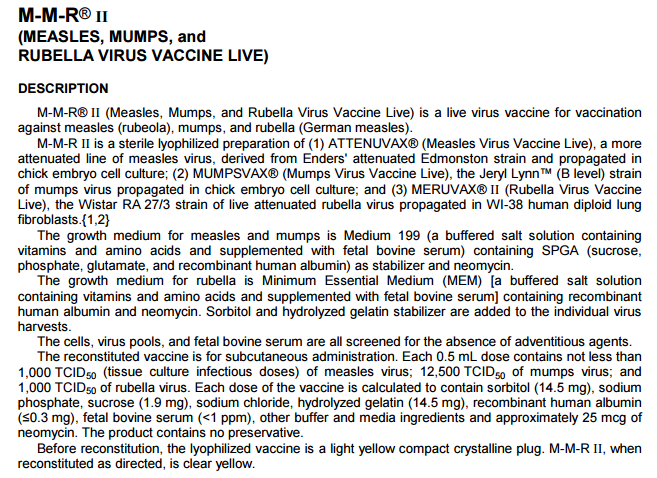 Parler
Parler Gab
Gab
- A peer-reviewed German study suggests mRNA COVID-19 vaccines may cause lasting genetic changes – including modifications to histones (H3K27ac), linked to cancer (e.g., leukemia, brain tumors) and autoimmune disorders.
- The vaccines induce epigenetic changes by altering histone proteins, potentially activating pro-inflammatory genes and disrupting immune homeostasis, with long-term effects still unclear.
- The study found genetic alterations in circulating white blood cells, indicating systemic effects that could lead to chronic inflammation, autoimmune diseases, or cancer.
- Similar findings from Chinese and Polish studies reinforce concerns about H3K27ac’s role in disease,
- The findings ultimately prompted calls for mRNA vaccine suspension and further FDA scrutiny.
Parallels with other studies
The findings of this German study align with those of other recent research. A Chinese study published earlier this year highlighted the potential of H3K27ac as a therapeutic target in cancer, while a Polish study linked H3K27ac alterations to leukemia and brain tumors. These studies collectively underscore the need for a deeper understanding of the long-term effects of mRNA vaccines. The study has prompted renewed calls for the suspension or withdrawal of mRNA vaccines. A petition filed with the U.S. Food and Drug Administration earlier this year by a group of scientists argues that the vaccines are unapproved gene therapies and contain potentially harmful levels of DNA plasmids. The petition cites evidence from multiple studies, including the German paper, to support its claims. U.S. Health Secretary Robert F. Kennedy Jr. recently announced the creation of a new sub-agency within the Centers for Disease Control and Prevention dedicated to addressing vaccine injuries. This move reflects growing concerns about the safety of COVID-19 vaccines and the need for more comprehensive monitoring and research. The emergence of post-vaccination syndrome (PVS), a condition characterized by chronic symptoms such as fatigue, brain fog and dizziness, has raised additional questions about the vaccines' safety. Researchers from Yale University are currently investigating PVS, hoping to identify immunological patterns that could explain the condition. Their work, though preliminary, offers a glimmer of hope for those suffering from PVS and underscores the need for continued research into the long-term effects of COVID-19 vaccines. The German study adds to a growing body of evidence suggesting that mRNA vaccines may have unintended genetic consequences. The findings highlight the importance of rigorous, long-term safety monitoring and the need for further research to fully understand the implications of these genetic changes. Watch Dr. Robert Malone warning that vaccine developers will never stop circumventing people's free will in this clip. This video is from the TNTVNEWS channel on Brighteon.com.More related stories:
Moderna developing new mRNA injection to heal damaged hearts, after mRNA covid vaccines cause heart damage. Moderna releases new mRNA injection to “repair heart muscle” while people’s hearts are being damaged by mRNA covid jabs. Long-term dangers of experimental mRNA shots. Sources include: ChildrensHealthDefense.org EMBOpress.org SciTechDaily.com News.Yale.edu Brighteon.comCommon household chemicals linked to America’s depression epidemic
By Willow Tohi // Share
Pomegranate: Evidence-based benefits of this antioxidant superstar
By News Editors // Share
Governments continue to obscure COVID-19 vaccine data amid rising concerns over excess deaths
By patricklewis // Share
Tech giant Microsoft backs EXTINCTION with its support of carbon capture programs
By ramontomeydw // Share
Germany to resume arms exports to Israel despite repeated ceasefire violations
By isabelle // Share










